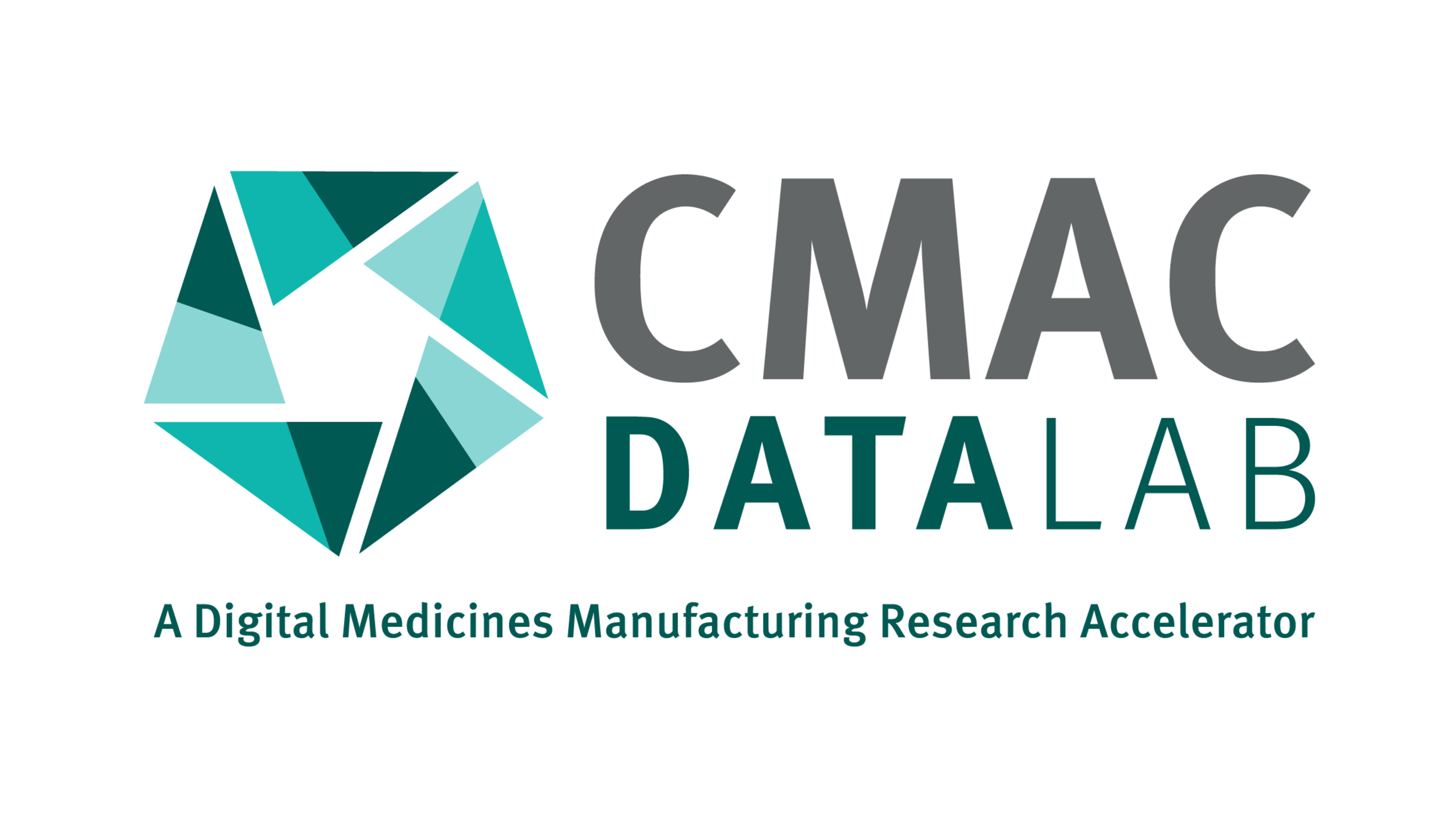Research Excellence and Intensity
CMAC’s leading advanced pharmaceutical manufacturing research programme will deliver manufacturing technologies that enable industry to deliver better products, quickly, economically and sustainably. This meets the industry demand for reduced time and costs for pharmaceutical development.
Hear Prof. Alastair Florence, Director of CMAC, explain how Research Excellence & Intensity is at the heart of our refreshed strategy.
















